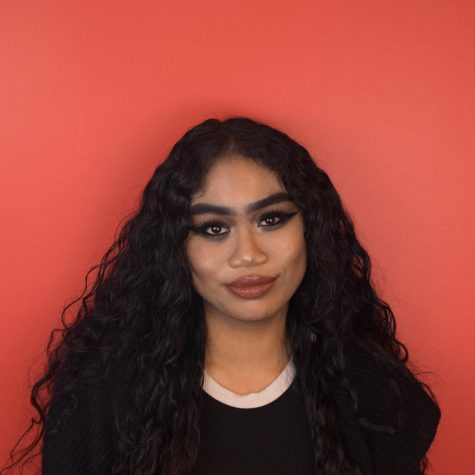When Politics Meet Fashion
February 13, 2017
In this day and age, fashion and politics are becoming increasingly intertwined. Although not a new phenomenon — fashion has always been used as a tool for activism to inspire change or promote a cause — the 2016 election has revived the infusion of politics in fashion.
For example, designer Daniel W. Fletcher held a demonstration outside his runway show’s venue with models dressed in outfits with the word “Stay” on them while holding European Union flags and banners in response to the Brexit vote. High-profile designers like Tom Ford and Marc Jacobs openly refused to dress First Lady Melania Trump. And most recently, Nordstrom and other department stores dropped Ivanka Trump’s shoe line.
The fallout between Nordstrom and Ivanka Trump’s brand was confirmed in an official statement released by the retailer. Although Nordstrom cited the line’s poor sales performance as its reason to drop the brand, the move still sparked discussions over whether or not there was a political motivation.
President Donald Trump took to Twitter to defend his daughter, stating, “My daughter Ivanka has been treated so unfairly by @Nordstrom. She is a great person — always pushing me to do the right thing! Terrible!” Nordstrom has faced massive backlash for the decision, with people utilizing the hashtag #BoycottNordstrom — originally started by those who wanted Nordstrom to drop the Ivanka Trump line. It has now turned into a way for those who are upset about the retailer’s decision to express their disapproval. While politics can be divisive, should fashion be equally so?
The fashion industry may have its fair share of division over what’s in style or not, or about class exclusivity. But when it crosses paths with politics, being open about one’s opinions can turn a bit tricky. On one hand, people are free to state their beliefs, but on the other hand, businesses can alienate their customer bases. Concerning the latter, taking a company’s customers into account is a big reason to remain neutral when addressing political matters. Staying objective is necessary to ensure that a business continues to run. Keeping politics out of fashion is a safe way to put the clothes first. However, it is still possible that people will read too much into things, and accuse designers or retailers of making a politically charged statement.
The Nordstrom-Ivanka Trump situation is another example of why fashion and politics don’t mix. The fashion industry has the power to make an impact on political matters, but there’s no general agreement over whether it should. Logical arguments can back up the idea that fashion should only be about what its name suggests — fashion — just as convincing cases can be made to support the notion that the fashion industry should use its influence to insert its opinion on a political issue. Either way, there’s a dividing line in politics that has only been growing deeper — something fashion could do without.
A version of this article appeared in the Monday, Feb. 13 print edition. Email Sherah Ndjongo at [email protected].























































































































































